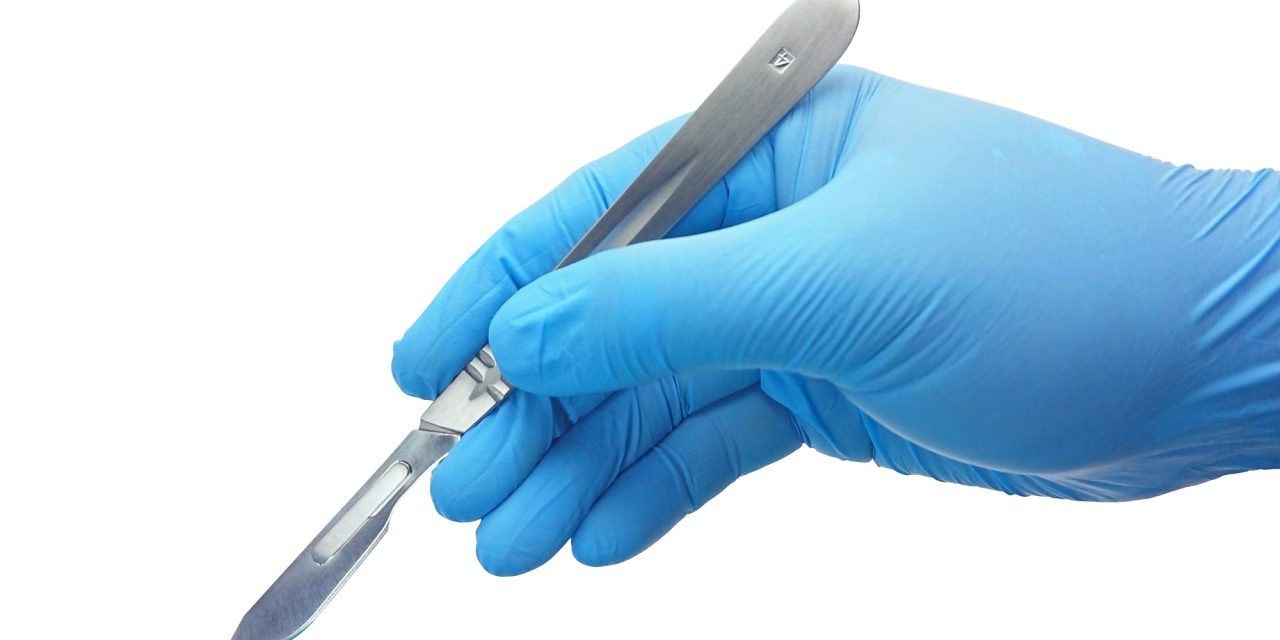Platelet engraftment following cord blood (CB) transplantation remains a significant hurdle to this day. The uncontrolled growth of ice, a process referred to as ice recrystallization, is one of several mechanisms that lead to cell loss and decreased potency during freezing and thawing. We hypothesized that reducing cell damage induced by ice recrystallization in CB units (CBUs) would reduce losses of stem and progenitor cells and therefore improve engraftment. We previously demonstrated that the ice recrystallization inhibitor (IRI) N-(2-fluorophenyl)-D-gluconamide (IRI 2) increases the postthaw recovery of CB progenitors. Herein, we set out to ascertain whether IRI 2 can enhance platelet and bone marrow engraftment activity of hematopoietic stem cells (HSCs) in cryopreserved CBUs using a serial transplantation model.
CBUs were processed following standard volume/red blood cell reduction procedure and portions frozen with dimethyl sulfoxide (DMSO) supplemented or not with IRI 2. Thawed CB samples were serially transplanted into immunodeficient mice.
Our results show that supplementation of DMSO with IRI 2 had several beneficial effects. Specifically, higher levels of human platelets were observed in the peripheral blood (p < 0.05; n = 4) upon transplant of CBUs preserved with the IRIs. In addition, human BM chimerism and the number of human CFU progenitors in the bone marrow were superior in IRI 2 recipients compared to DMSO recipients. Moreover, IRI 2 had no negative impact on the multilineage differentiation and self-renewal activities of HSCs.
Taken together, these results demonstrate that supplementation of a hematopoietic graft with IRI can improve the postthaw engraftment activities of HSCs.
© 2020 AABB.
Inhibition of ice recrystallization during cryopreservation of cord blood grafts improves platelet engraftment.


